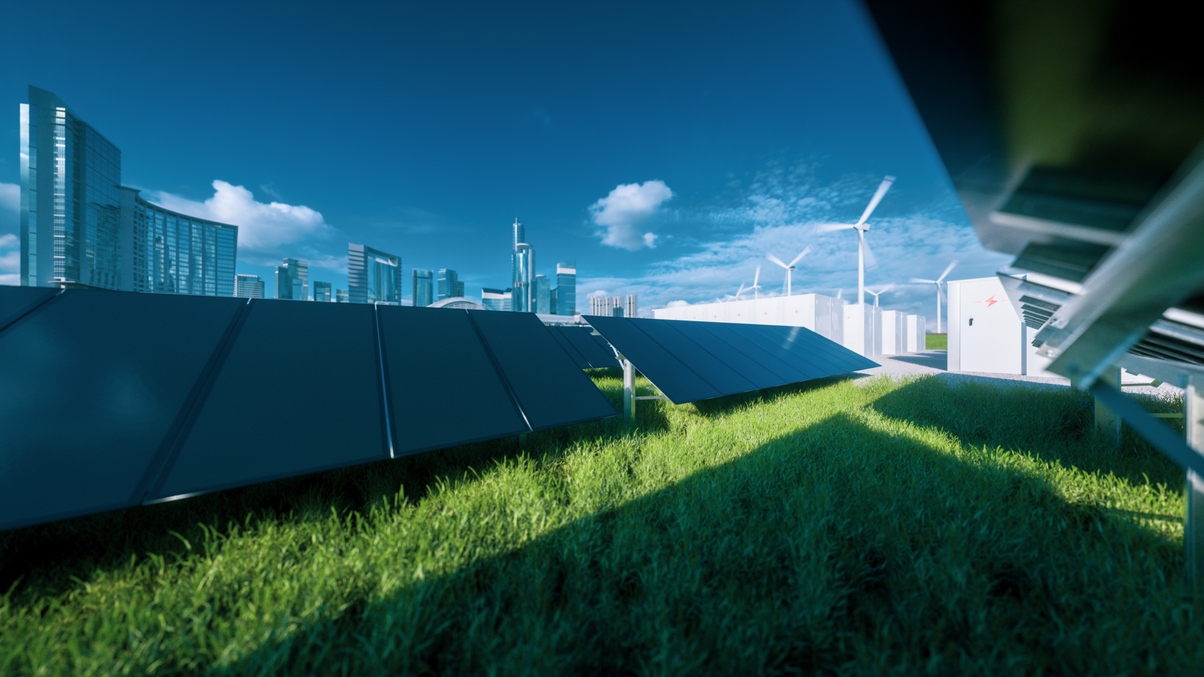Outlook 2021: Green infra’s appeal with Omers and others
The Canadian pension fund and other investment experts believe that infrastructure investments with sustainability themes will see far greater asset inflows this year.

Sustainable infrastructure assets are set to be some of the most favoured real assets of 2021 as the world’s economy gradually recovers from the Covid-19 pandemic, according to Ontario Municipal Employees’ Retirement System (Omers) and other investment experts.
Sign in to read on!
Registered users get 2 free articles in 30 days.
Subscribers have full unlimited access to AsianInvestor
Not signed up? New users get 2 free articles per month, plus a 7-day unlimited free trial.
¬ Haymarket Media Limited. All rights reserved.


